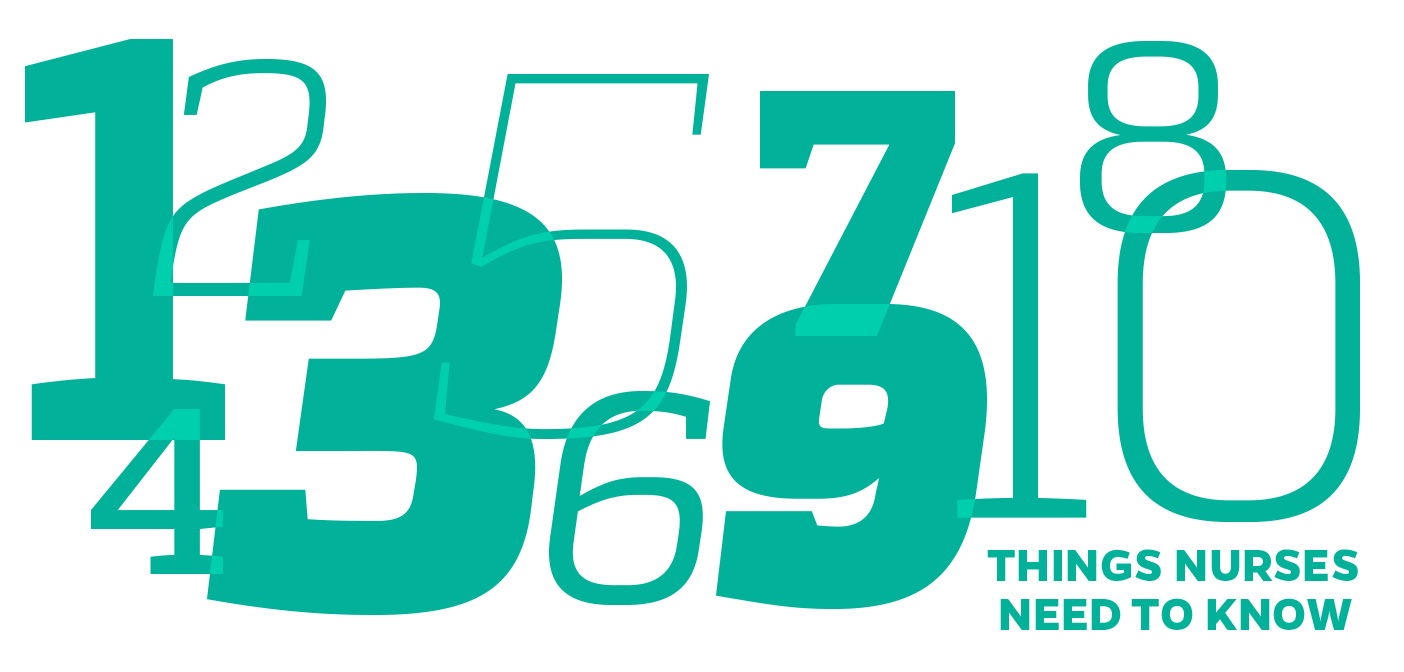By Cynda Hylton Rushton
Each issue, a member of the Johns Hopkins Nursing community will address a workplace or classroom concern in straightforward terms. Here, ethics expert Cynda Rushton, PhD, RN, FAAN, discusses the importance of establishing an ethical workplace and steps nurses can take to foster moral resilience.
1
Ethics is integral to everyday nursing practice—nurses in all roles and specialties must have the requisite knowledge, skills, and competencies to recognize and address ethical issues. If you do not feel confident in your skills, seek continuing education or courses in bioethics or nursing ethics.
2
Be familiar with the ANA Code of Ethics for nurses: Use it as a resource and justification for ethical practice.
3
Recognize signals that indicate when an ethical issue is present. Notice what your body is telling you to pay attention to (rapid heart rate, sweaty palms, shallow breathing, muscle tension). What emotions are present (fear, anger, sadness, anxiety)? Is my conscience engaged (threat to core moral values, perception of participation in moral wrongdoing, moral outrage)?
4
Get the facts. Clarify assumptions, biases, and meaning among stakeholders.
5
Learn to describe the ethical dilemma clearly and concisely by developing a robust moral vocabulary. Go beyond “Why are we doing this?” to naming the ethical conflict by appealing to violations of core professional values.
6
Use a systematic process to engage in ethical discernment and analysis. Determine an ethically justified response including action or in some cases, inaction.
7
When indicated, speak up and speak out with confidence and skill.
8
Know the process for exercising conscientious objection. Use judiciously and thoughtfully.
9
Know your resources. Navigating ethical concerns often exceeds our individual capacities. Be comfortable asking for and receiving support and advice.
10
Contribute to creating a culture of ethical practice in your workplace; participate in workplace committees or initiatives that foster culture change and professional organizations to advocate for system change.
Cynda Rushton’s book Moral Resilience: An Antidote to Moral Distress, to be published by Oxford University Press, aims to transform current approaches by focusing on innovative methods to cultivate moral resilience and designing a culture in health care that supports ethical practice.

 You’re Welcome
You’re Welcome Nursing Named Most Trusted Profession for 22nd Consecutive Year
Nursing Named Most Trusted Profession for 22nd Consecutive Year Best of On The Pulse 2023
Best of On The Pulse 2023 From the Dean: Here & Now
From the Dean: Here & Now The Learning Collaborative: ‘I Think I Can, I Think I Can …’
The Learning Collaborative: ‘I Think I Can, I Think I Can …’







